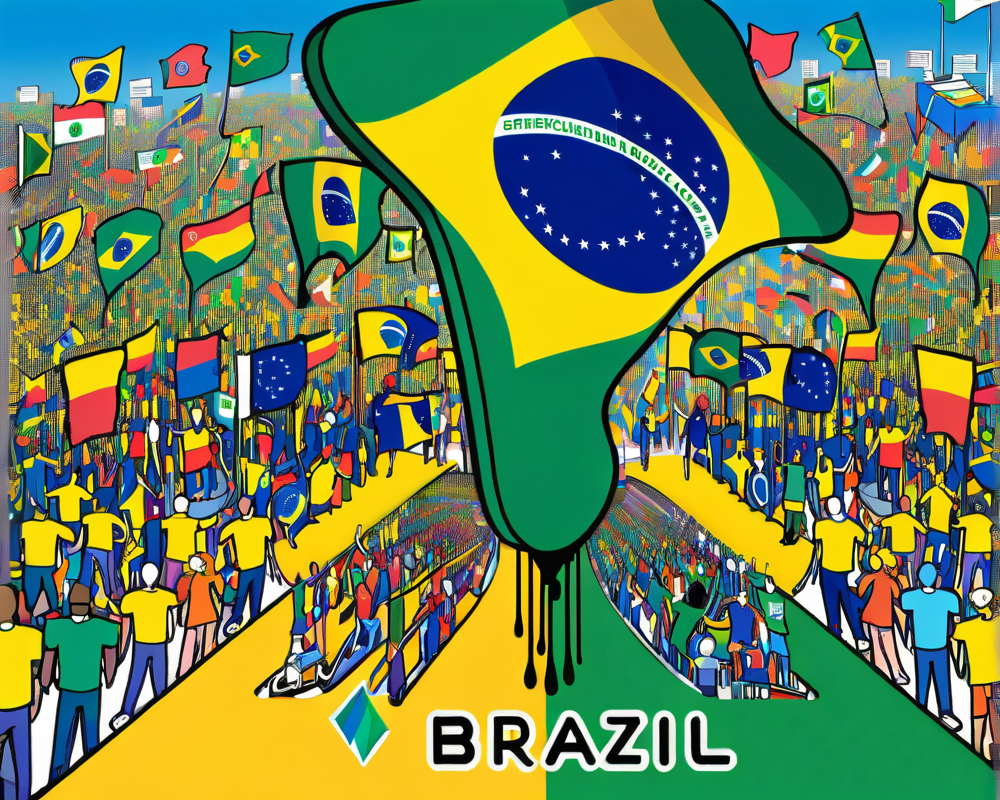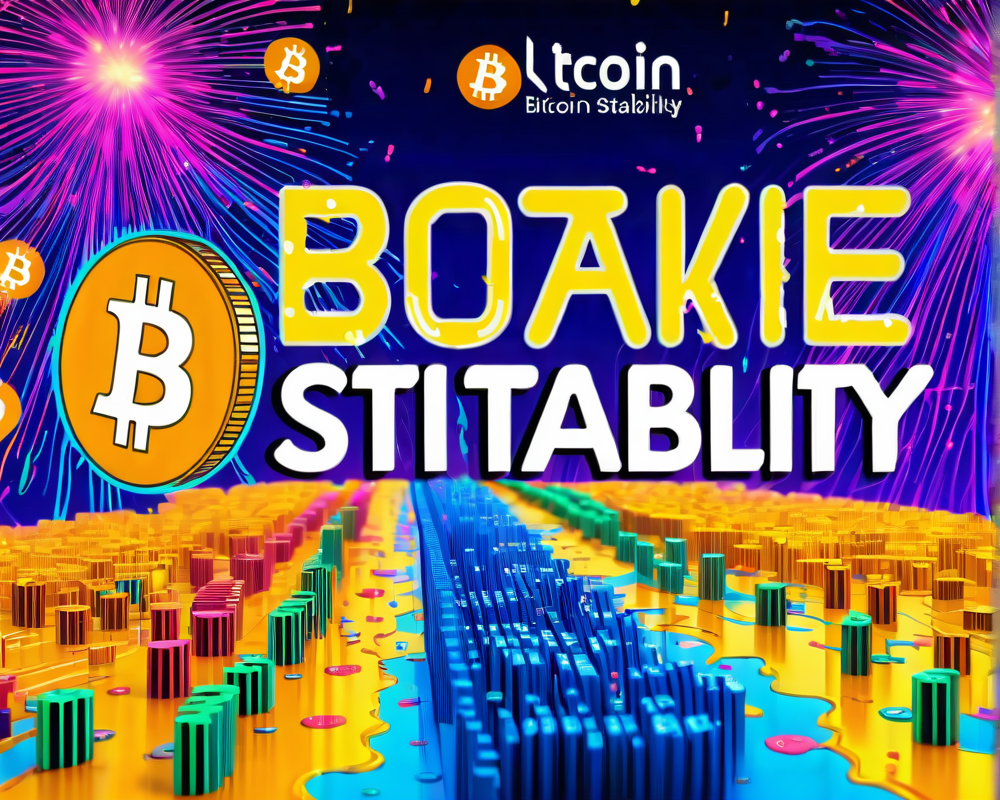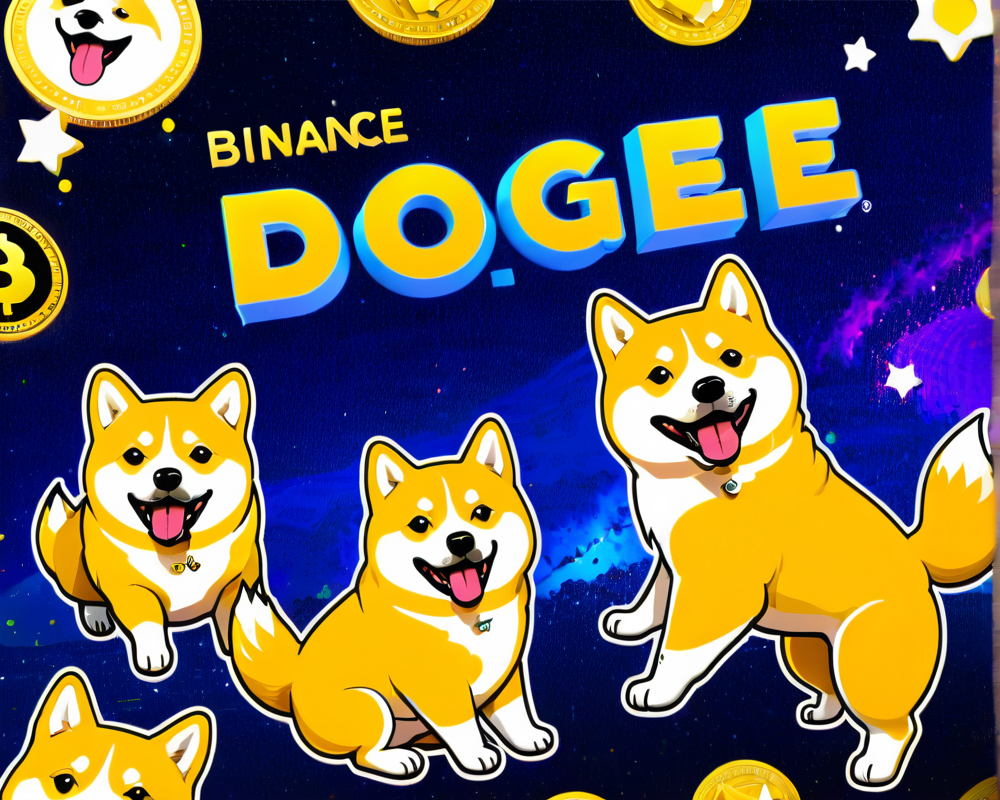Unlocking the Digital Identity in Brazil
In an audacious leap towards digital transformation, Brazil is gearing up to deploy blockchain technology for its digital identity system, affecting over 214 million citizens. By November 6, the states of Rio de Janeiro, Goiás, and Paraná will be the trailblazers in issuing on-chain identification documents, thanks to a private blockchain developed by Serpro, the nation’s data processing giant.
The Genius of Blockchain: Security Meets Accessibility
Serpro’s president, Alexandre Amorim, laid down the law: blockchain’s immutability and decentralization make it the perfect hero for the digital identification saga. With Amorim’s words echoing the potential of this technology:
“Blockchain technology plays a critical role in protecting personal data and preventing fraud, offering a more secure digital experience for Brazilian citizens.”
A New Hope for Government Services
The national ID project is more than just a tech upgrade; it’s a strategic play against organized crime. By simplifying access to services and streamlining administrative records, a unified identification system is on the horizon. Similar to Buenos Aires’ digital identity initiative, this move shows that Latin America might just be riding the digital wave together.
Unifying Brazil’s Identity Landscape
With 30 states fragmented in identity issuance, the Brazilian government is stepping up its game. The integration of blockchain technology not only promises a secure data exchange between the
Federal Revenue and various government departments but also brings a sigh of relief to citizens who yearn for cohesion in identity documentation procedures.
What’s Next? Central Bank Digital Currency
While digital ID solutions are shaking things up, Brazil is also stepping towards the future of finance with an upcoming central bank digital currency, named Drex. August saw a flurry of updates about this project, highlighting how it intends to enhance business access to capital through a tokenization system. Yet, there’s a twist: some developers have flagged concerns about the ability of central authorities to freeze funds or alter balances. It’s just like playing Monopoly, but with real money at stake!




